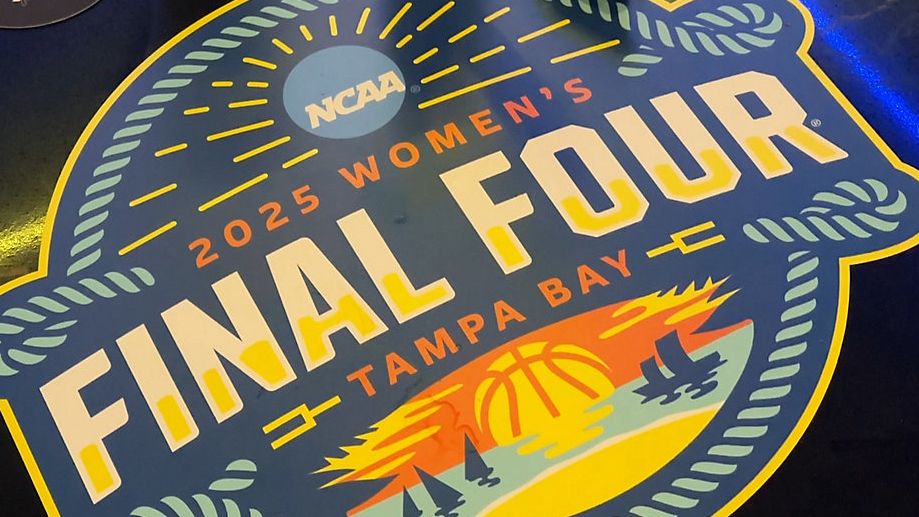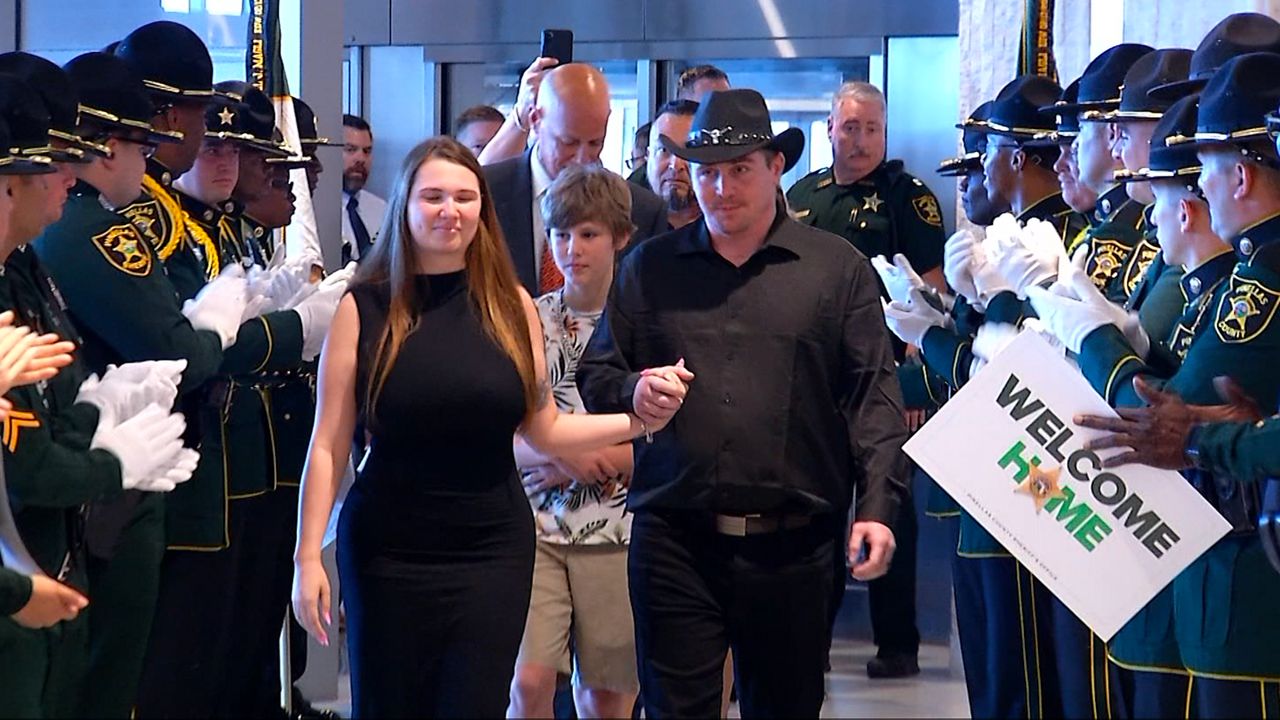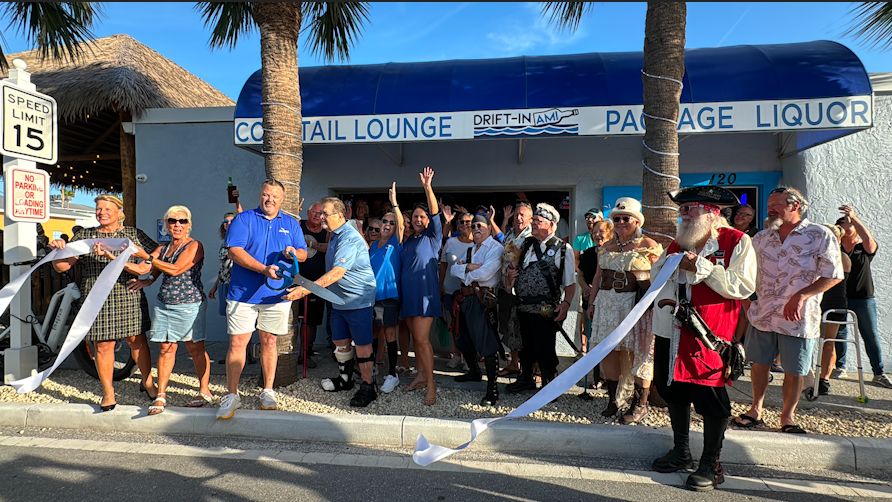BRADENTON, Fla. — According to the Alzheimer’s Association, there are more than 580,000 people with Alzheimer’s Disease living in Florida.
That’s more than any other state except California.
Chapters of the association around the state have launched what they’re calling an “unprecedented” public health initiative aimed at early detection. It’s called “Alz Stars”.
What You Need To Know
- Florida chapters of the Alzheimer’s Association have launched the Alz Stars program
- The online program is customized to users depending on where they live in the state
- Users can watch a presentation that discusses things like warning signs and early detection
- The association says no other state has taken this core information and pushed it out to the public
“Alz Stars was kind of a vision that we had here in Florida to really take some of the core content that we have at the association that we think is important, which is warning signs, early detection, that type of thing, and really push it out to the general public,” said Katie Fahrenbruch, director of community engagement for the state of Florida’s Alzheimer’s Association.
Alz Stars is an online program that starts by showing users a graphic of the state and asking them to click the star closest to the area in which they live. They can then watch a video presentation with that key information that’s customized to their region.
Fahrenbruch said the association partnered with the department of elder affairs, the department of health and area agencies on aging to get this information out.
“It’s unprecedented because Florida is really the only state that has taken this approach,” Fahrenbruch said. “Instead of waiting for people to come to us, we partnered with these other organizations around the state to really push this information out, again, with a simple message, which is when you see these changes, talk to your doctor.”
Michele Hall said that’s what she tried to do when she noticed changes beginning at age 53. At first, she said the symptoms seemed like things anyone her age could experience.
“Like, you know, I put something in the refrigerator when it was supposed to be here or I kept losing my keys,” Hall said.
Hall said she visited her doctor several times and was told it was probably an effect of menopause.
“I just said, ‘I feel like it’s more than that.’ And then, it was more than that,” Hall said.
After a year and a half of doctor’s visits and looking for answers, Hall finally got a diagnosis: early onset Alzheimer’s.
“We were like, ‘Okay, then.’ Because it’s no longer a moving target,” Hall said.
That meant she could take action. It’s just one of the reasons the Alzheimer’s Association says early detection is important.
“Early detection allows an early diagnosis, allows the person living with dementia to be the most active participant in their own care,” Fahrenbruch said.
Fahrenbruch said it can also allow people to participate in clinical trials if they choose.
Early detection is one of the goals of Alz Stars. Users learn the 10 warning signs of Alzheimer’s, including memory loss that disrupts daily life, challenges in planning or solving problems, and difficulty completing familiar tasks.
“These are things that are not normal aging. So, if you’re experiencing these things, talk to your doctor. Doesn’t mean it’s Alzheimer’s necessarily, but what it does mean is something is changing, and we need to talk through that with a doctor,” Fahrenbruch said.
In Hall’s case, she did detect those signs early, but a delayed diagnosis meant delayed action. She and her husband, Douglas Hall, said they support educating the public, but think there needs to be more education among the medical community, as well.
“That was a very frustrating process, very scary process, a very long process,” said Douglas Hall. “I wish that, along the way, there were people that knew more to direct us better so that she would have gotten diagnosed sooner.”
Michele Hall is currently being treated with Aduhelm, the first FDA-approved drug to treat Alzheimer’s in nearly 20 years.
According to the Alzheimer’s Association, the number of diagnosed Alzheimer’s cases in Florida is expected to hit 720,000 by 2025.
For more information on the disease or to be connected to resources, call the Alzheimer’s Association’s 24/7 Helpline at 1-800-272-3900.









